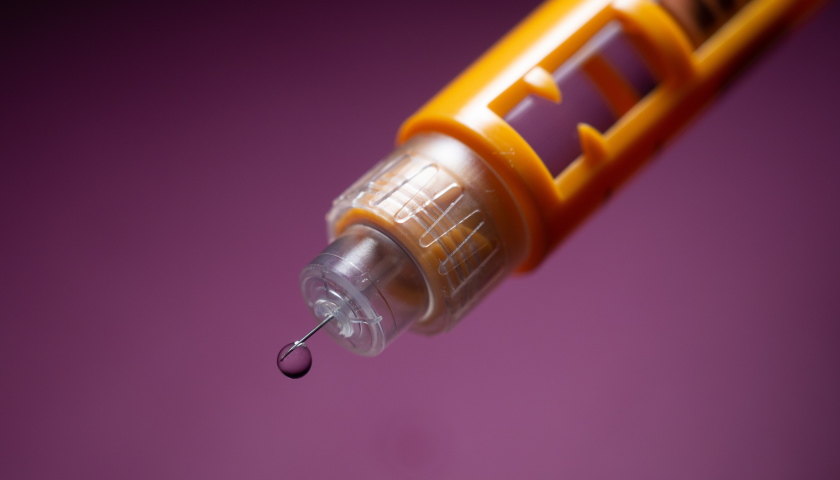Provention faces delay in FDA review of diabetes prevention antibody

The FDA says it has uncovered "deficiencies" in the marketing application for Provention Bio's much-anticipated drug teplizumab for the prevention of type 1 diabetes (T1D) that could delay its review.
The issues are holding up discussions between the agency and company about labeling and post-marketing requirements for teplizumab, and are concentrated around the pharmacokinetics data for the antibody, and whether it is comparable to the drug that its original developer Eli Lilly entered into clinical trials.
An advisory committee meeting to discuss the antibody is however still due to go ahead as scheduled on 27 May, according to Provention, and the FDA's priority review is still ongoing.
Shares in the biotech slumped more than 40% yesterday on the announcement, amid fears that the FDA could decide to issue a complete response letter for teplizumab, which could lead to a lengthy hold-up.
Provention licensed rights to teplizumab from MacroGenics in 2010, eight years after former licensee Lilly abandoned the drug in the wake of a failed phase 3 trial looking at its role in treating newly-diagnosed T1D patients.
Since then, Provention has reported clinical results from the phase 2 TN-10 study showing that a 14-day infusion course of teplizumab delayed the onset and diagnosis of T1D by two years in children and adults considered to be at high risk compared to placebo.
The study was a key element of the FDA filing, and the first ever evidence that a drug therapy could delay the onset of T1D.
The company is also running a pivotal trial of the drug in newly diagnosed insulin-dependent T1D patients, called PROTECT, that is due to be fully enrolled by the end of this year.
That's the same population as the Lilly trial, but Provention is looking at a different primary endpoint, namely levels of C-peptide, a biomarker for low insulin production.
Lilly's Protégé trial failed because teplizumab wasn't able to show an impact on insulin use or HbA1c, an indirect measure of glucose control over time.
Provention's chief executive and co-founder Ashleigh Palmer said that the FDA's feedback " will likely result in a delay in timelines within which teplizumab has the potential to be approved by FDA and be made available for at-risk T1D patients."
"We believe in the comparability of the drug product produced by our partner AGC Biologics with Eli Lilly manufactured product," he added.
Provention has carried out a bridging study to demonstrate that the AGC product is comparable to that made by Lilly, but showing equivalence for biologic drugs is always a challenge, and the FDA clearly isn’t convinced.
Teplizumab is thought to work by binding to CD3, preventing the activation of T cells that attack and kill insulin-producing pancreatic beta cells in T1D, an autoimmune disease.
Photo by Dennis Klicker on Unsplash












